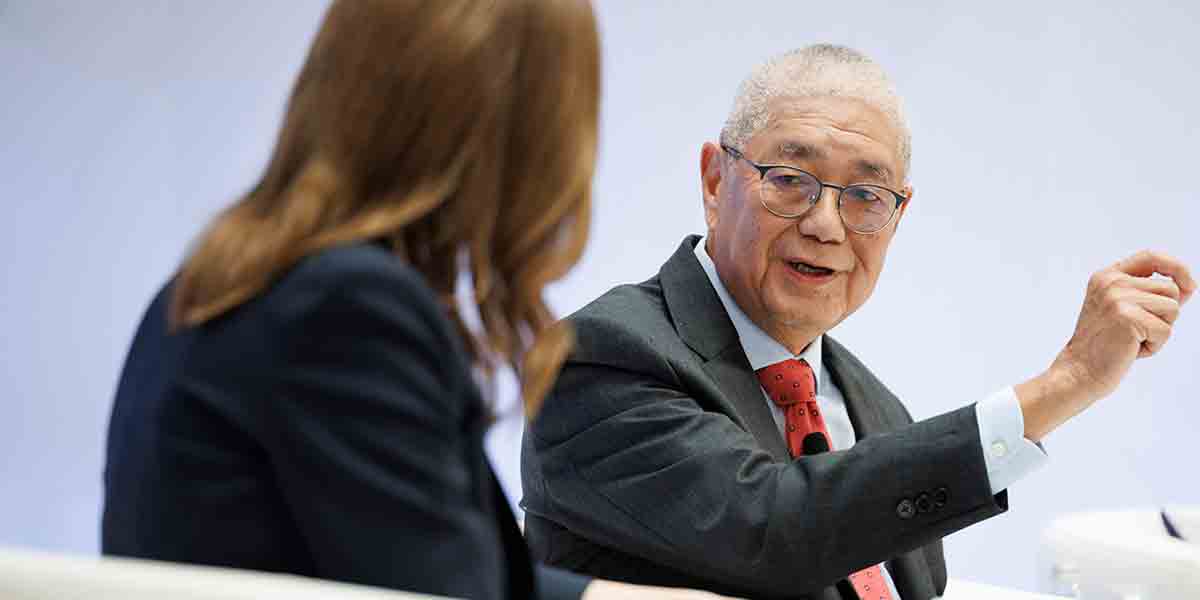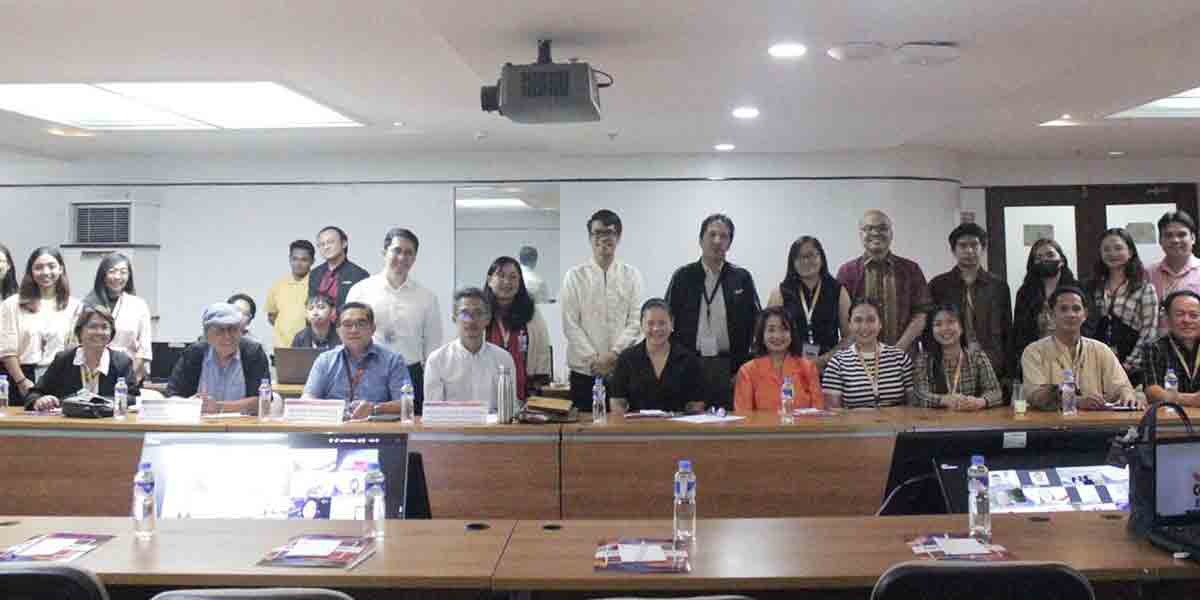National Economic and Development Authority (NEDA) Secretary Arsenio M. Balisacan has acknowledged the urgency of addressing key economic issues such as inflation, food security, job creation, and poverty reduction, as underscored by the latest survey results from the OCTA Research Group.
According to the survey released on February 17, 2024, the Filipino populace has expressed growing concerns over the rising costs of basic commodities, especially rice.
This concern is amplified by the current El Niño phenomenon and the increasing global rice prices.
Balisacan said the Marcos Administration has responded with an accelerated push to manage these price hikes effectively.
Under Marcos, the Philippine economy has shown remarkable resilience, bouncing back from the significant 9.5-percent contraction experienced in 2020, which set the nation’s economy back three years, he said.
With concerted efforts, the economy saw a gross national income (GNI) recovery to pre-pandemic levels by the latter half of 2023.
In 2023, the Philippines registered a 5.6-percent growth in gross domestic product (GDP), one of the fastest in Asia, showcasing the country’s economic rebound, Balisacan explained.
Despite the challenges posed by external factors and domestic policy coordination, which led to a spike in inflation in early 2023, targeted supply- and demand-side interventions have brought the inflation rate down to 2.8 percent by January 2024, the lowest since October 2020.
The labor market is also demonstrating significant progress with the unemployment rate plummeting to a historic low of 3.1 percent in December 2023, and the underemployment rate falling to 11.9 percent, a decrease from the previous year’s 12.6 percent.
In line with President Marcos’s directives, Balisacan said the Cabinet has been proactive in establishing necessary policies to combat economic challenges.
The focus has been on facilitating substantial foreign direct investments to foster job creation and enhance the quality of available jobs. This, in turn, is expected to increase the incomes and purchasing power of the Filipino populace.
Moreover, the government has been investing heavily in physical and human capital to not only create better employment opportunities but also to elevate the country’s competitiveness on the global stage. Ensuring the availability, accessibility, and affordability of food for Filipinos remains a priority, with a comprehensive policy toolkit being deployed to address the pressing issue of food security.
The measures being undertaken reflect the administration’s commitment to mitigating the impact of global economic pressures and providing a robust foundation for sustainable economic growth and prosperity in the Philippines, he added.
















